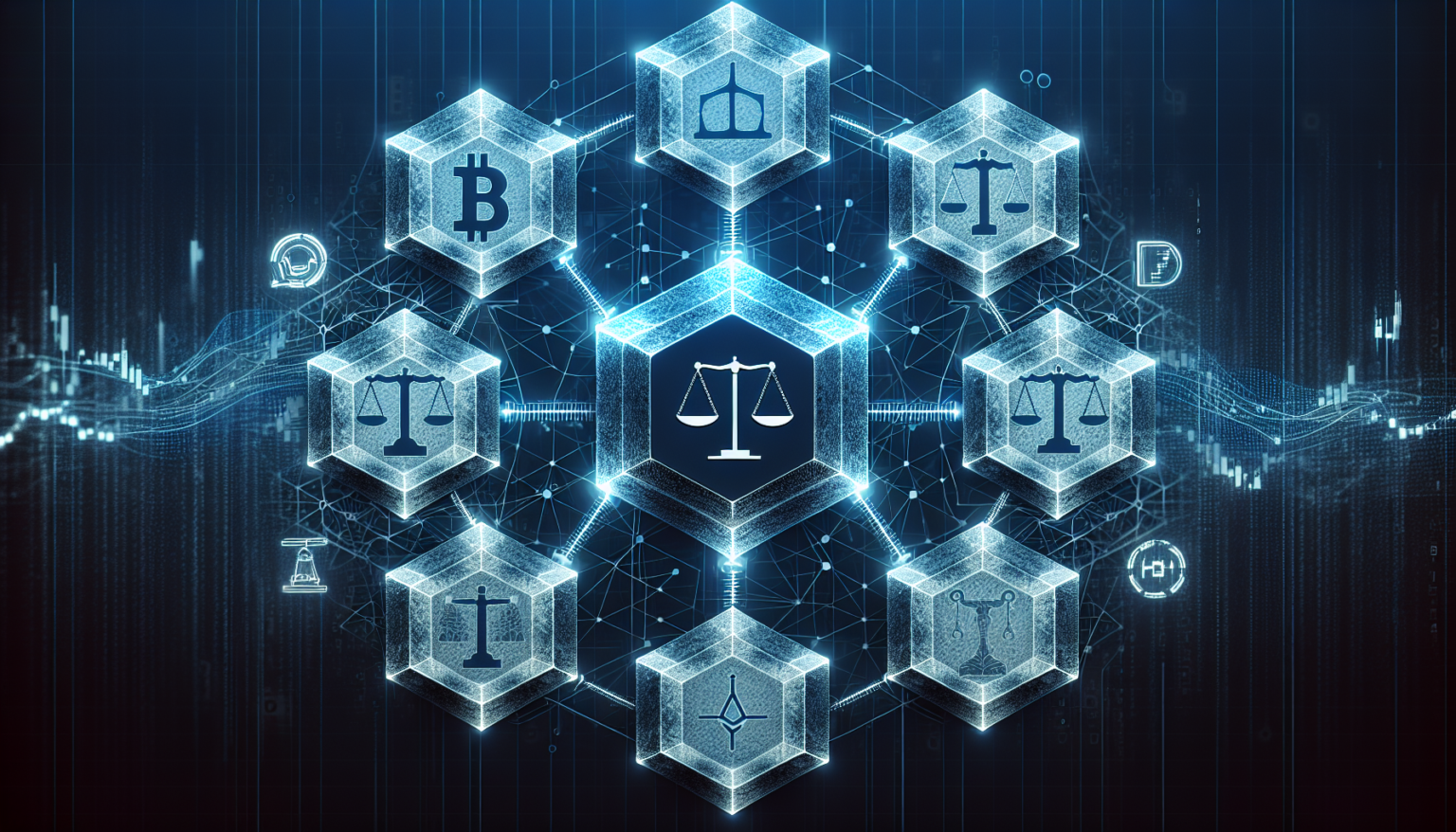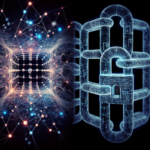Understanding Smart Contracts
What are Smart Contracts?
Smart contracts are self-executing contracts where the terms are directly written into code. They run on blockchain technology, enabling trustless transactions without intermediaries. These contracts automatically enforce and execute the terms of an agreement based on predetermined conditions being met.
Why Use Smart Contracts?
The primary appeal of smart contracts lies in their potential to reduce costs, increase efficiency, and cut down the chances of disputes. They eliminate the need for intermediaries such as lawyers and banks, making transactions faster and cheaper. Moreover, being immutable, they ensure that once a contract is deployed, it cannot be altered without consensus.
An Overview of Key Blockchain Platforms
Before diving into comparisons, it’s essential to understand some of the dominant blockchain platforms that support smart contracts.
Ethereum
Ethereum is the pioneer in the smart contract space. Launched in 2015, it introduced the concept of decentralized applications (dApps) and provided a platform for developers to deploy code in the form of smart contracts.
Key Features of Ethereum
– **Solidity Programming**: Ethereum uses Solidity, a purpose-built programming language for writing smart contracts. Its syntax is similar to JavaScript, making it accessible to many developers.
– **Decentralized Applications**: Ethereum allows for the creation of dApps, which can interact with smart contracts directly.
EOSIO
EOSIO emerged in 2018 and promised to solve some of Ethereum’s issues, mainly regarding scalability and transaction speed.
Key Features of EOSIO
– **Delegated Proof of Stake**: EOSIO uses a unique consensus model called Delegated Proof of Stake (DPoS), which allows for faster transaction times compared to Ethereum, handling thousands per second.
– **Resource Management**: Users must stake EOS tokens to access network resources like bandwidth and CPU power, rewarding those who contribute to the network’s infrastructure.
Cardano
Cardano, launched in 2017, stands out for its rigorous academic approach to blockchain development. It employs a research-driven methodology to enhance its capabilities.
Key Features of Cardano
– **Haskell and Plutus**: Cardano uses the Haskell functional programming language for its smart contracts, appealing to a niche audience of developers who prioritize correctness and safety.
– **Layered Architecture**: Cardano separates its ledger into two layers: the Cardano Settlement Layer (CSL) for value transfers and the Cardano Computation Layer (CCL) for smart contracts. This separation can lead to greater scalability.
Polkadot
Polkadot, created by Ethereum co-founder Gavin Wood, aims to connect multiple blockchains, allowing them to interoperate while maintaining their independence.
Key Features of Polkadot
– **Parachains**: Each blockchain can be tailored to specific needs, allowing for flexible smart contract capabilities across a variety of use cases.
– **Interoperability**: Polkadot focuses on enabling different networks to communicate seamlessly, paving the way for a more unified blockchain ecosystem.
Comparative Analysis of Smart Contracts on Different Platforms
Now that we’ve familiarized ourselves with some popular blockchain platforms, let’s compare their smart contract features.
Programming Languages
The choice of programming language is crucial for developers aiming to create efficient smart contracts.
Ethereum vs EOSIO
While Ethereum uses Solidity, EOSIO employs C++. Solidity is a high-level language designed specifically for writing smart contracts, making it relatively straightforward to adopt for many developers. In contrast, C++ allows for more performance optimizations but has a steeper learning curve.
Cardano and Haskell
Cardano’s use of Haskell also brings a significant challenge, as it’s a functional programming language that may be less familiar to conventional developers. However, it offers high levels of correctness, which is vital for mission-critical applications.
Transaction Speed and Costs
Transaction speed and cost are fundamental factors influencing user experience.
Ethereum vs EOSIO
Ethereum has faced scalability issues, especially during times of high demand, resulting in much slower transaction speeds and higher fees (known as gas fees). EOSIO’s DPoS consensus drastically improves transaction speeds, making it more suitable for applications requiring high throughput.
Cardano’s Approach
Cardano’s layered architecture also aims to achieve scalability. Although it is not as fast as EOSIO, it promises lower transaction costs, particularly as it continues to evolve with updates and improvements.
Security and Immutability
The security of smart contracts is crucial for maintaining trust.
Ethereum’s Proven Track Record
Ethereum’s network has been tested extensively, boasting a large network of validators that provide security against potential attacks. However, it’s not immune to vulnerabilities, as seen in high-profile hacks.
Cardano’s Philosophy
Cardano takes a more academic approach to security, employing formal methods to ensure that contracts behave as expected. This reduces potential vulnerabilities, although it may delay development speed compared to more conventional methods used in other platforms.
Community and Support
An active community can greatly enhance the development experience.
Ethereum Dominance
Ethereum’s extensive developer community provides vast resources for troubleshooting and learning. There’s an abundance of tutorials, forums, and existing codebases to draw inspiration from.
Emerging Communities in Cardano and Polkadot
Cardano and Polkadot are building their developer ecosystems. While they don’t match Ethereum’s maturity yet, they provide resources and support to their growing communities, making it simpler for new developers to engage with these platforms.
Final Thoughts on Smart Contract Platforms
The choice among smart contract platforms ultimately depends on the specific needs of the project. Ethereum remains a strong contender due to its established ecosystem, while EOSIO shines in speed and efficiency. Cardano, with its rigorous academic framework, is ideal for projects that prioritize security and correctness. Meanwhile, Polkadot’s interoperability offers unique opportunities for interconnected blockchain applications.
Understanding these elements can provide valuable insight into which platform might best serve your smart contract needs and objectives.








